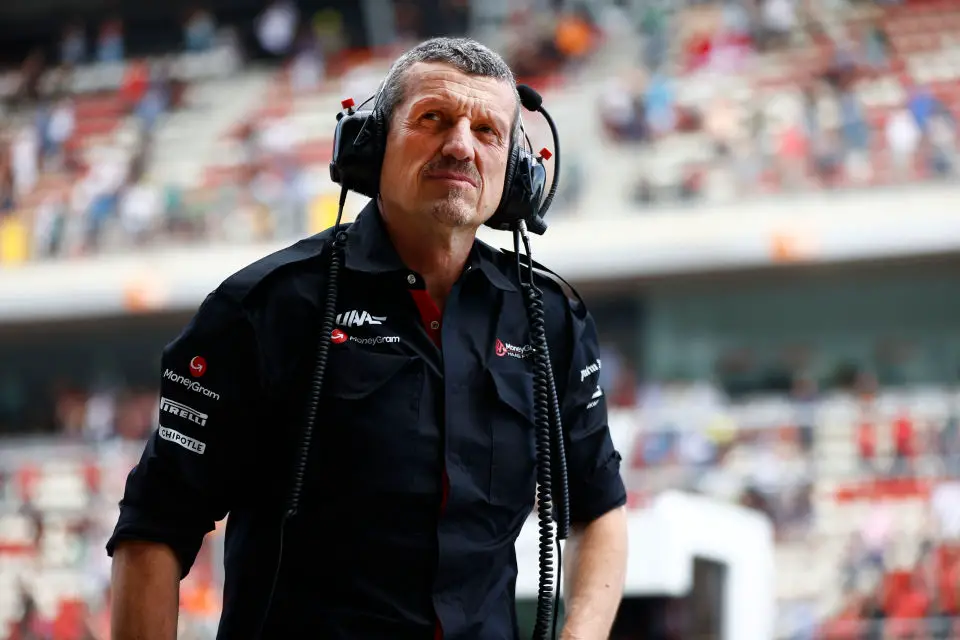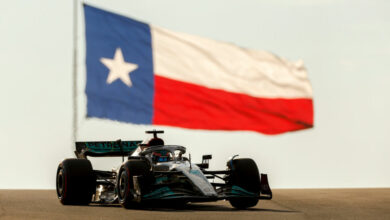Revamped Sprint Races in F1: A Look at the Proposed Changes for the 2024 Season
In a significant move to revamp the Formula 1 Sprint format, three major changes are set to be proposed for the 2024 season. These proposed alterations aim to address criticism and enhance the overall excitement of the race weekends.
Key Takeaways:
- Friday Focus on Sprint: The new proposal suggests dedicating the entire Friday to Sprint activities, including Sprint qualifying in the morning and the Sprint race in the afternoon, moving away from the 2023 Saturday schedule.
- Parc Ferme Rules Revision: There’s an ongoing discussion about modifying the parc ferme conditions to allow teams more flexibility in setting up their cars, following complaints about the limited practice session on Fridays under the current format.
- Reverse Grids Consideration: The concept of introducing reverse or partial reverse grids to the Sprint format is being debated, though its feasibility and effectiveness remain uncertain, with varied opinions among drivers and team principals.

The Formula 1 world has been abuzz with discussions about the future of Sprint races, a format that has been both applauded and critiqued since its introduction in 2021. The upcoming 2024 season could witness a significant shift in how these races are structured, with three key changes proposed to rejuvenate and enhance the Sprint experience.
A major change under consideration is the restructuring of the weekend schedule to focus on Sprint activities on Friday. This would involve moving the Sprint qualifying to Friday morning and the Sprint race to the afternoon, a shift from the 2023 schedule where these events were held on Saturday. This alteration aims to make the Sprint race more than just a precursor to Sunday’s main event, giving it a distinct identity and significance.
Another point of contention has been the parc ferme conditions, which lock the car setups from the start of qualifying. Drivers and teams have expressed dissatisfaction with this arrangement, particularly due to the limited practice time on Fridays. The potential modification of these rules could allow teams more flexibility and time to optimize their cars for the weekend, addressing a key area of criticism from the previous seasons.
The most radical and controversial proposal is the introduction of reverse or partial reverse grids. While this idea has been floated to add unpredictability and excitement, opinions are divided. Mercedes driver George Russell has voiced skepticism about its effectiveness, while former Haas team principal Guenther Steiner has shown support for the Sprint races in general. Steiner, speaking at the Autosport International Show, praised the variety brought by Sprint races to the F1 calendar, stating, “It gives interest to the calendar because if there are 24 races on the calendar and you change a little bit around, it’s nice. Otherwise, it’s always the same.”
In summary, these proposed changes to the Sprint format for the 2024 F1 season represent a significant shift in the sport’s approach to racing weekends. By addressing the criticisms and suggestions from teams and drivers, Formula 1 aims to enhance the excitement and unpredictability of the races, thereby keeping the fans engaged and intrigued throughout the season. The final decision, yet to be made, will be a pivotal moment for the sport as it continues to evolve and adapt to the changing landscape of motorsports.



